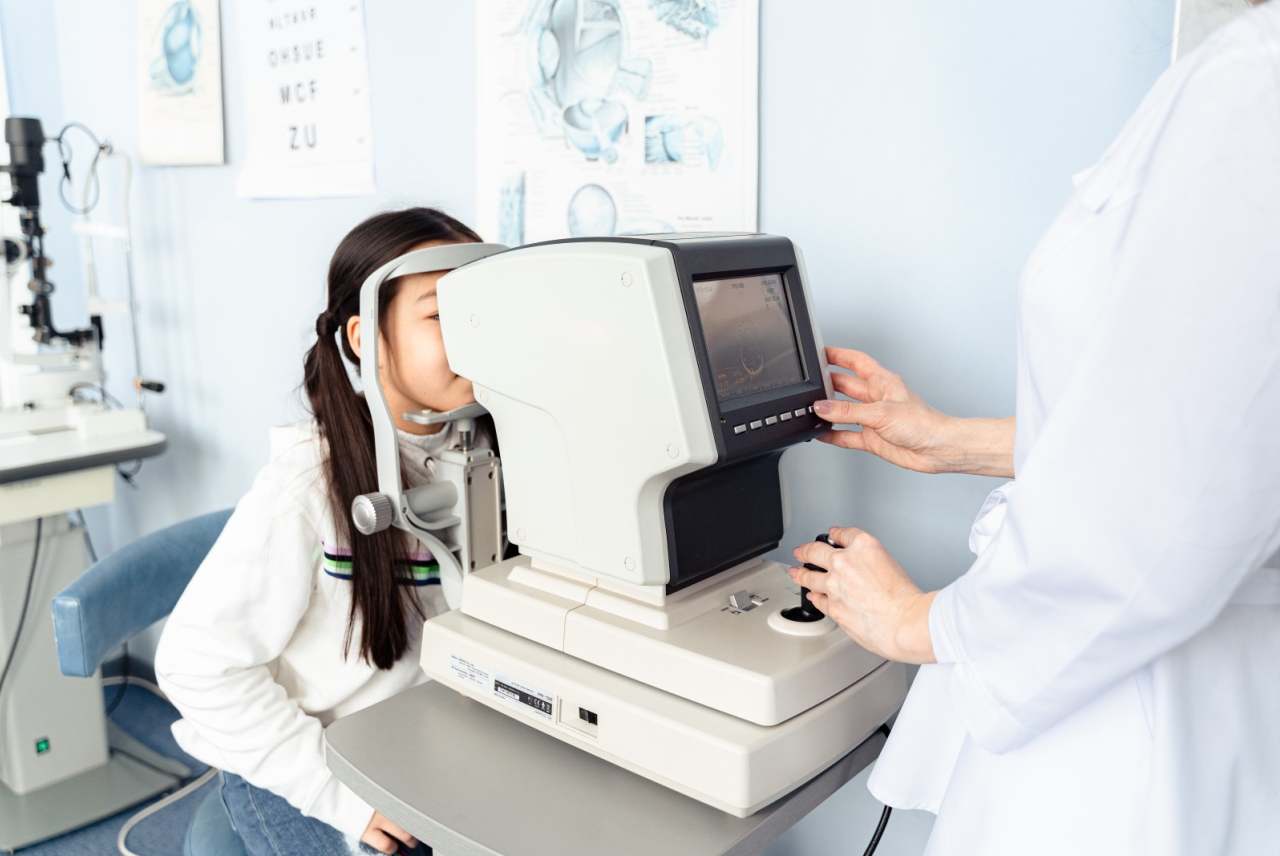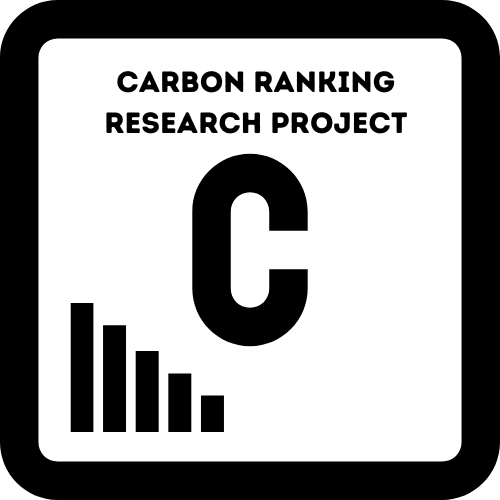Edward Lander looks at carbon reporting practices and explains how Vision Express lost its best in sector climate ranking after a takeover by the world’s biggest optician
January 2023
Ethical Consumer launched its new carbon management and reporting rating system in 2020 to encourage corporations to make changes to their climate change policies by showing them how their environmental measures compare with industry rivals. The research also guides consumers in their own choices.
In February 2022 we investigated the steps UK opticians were taking to address the climate emergency as part of our wider Carbon Ranking Research Project.
The research analysed whether eleven companies disclosed emissions at all stages of the production and transportation process.
We also looked for evidence that companies had introduced climate policies to minimise emissions from buildings, optimise transportation, and utilise green electricity and sustainable materials.
We found encouraging initiatives to offer sustainable products and recycle old contact lenses at even some of the worst ranking opticians in our list. However, we thought that these would have a limited impact on the industry’s carbon footprint.

